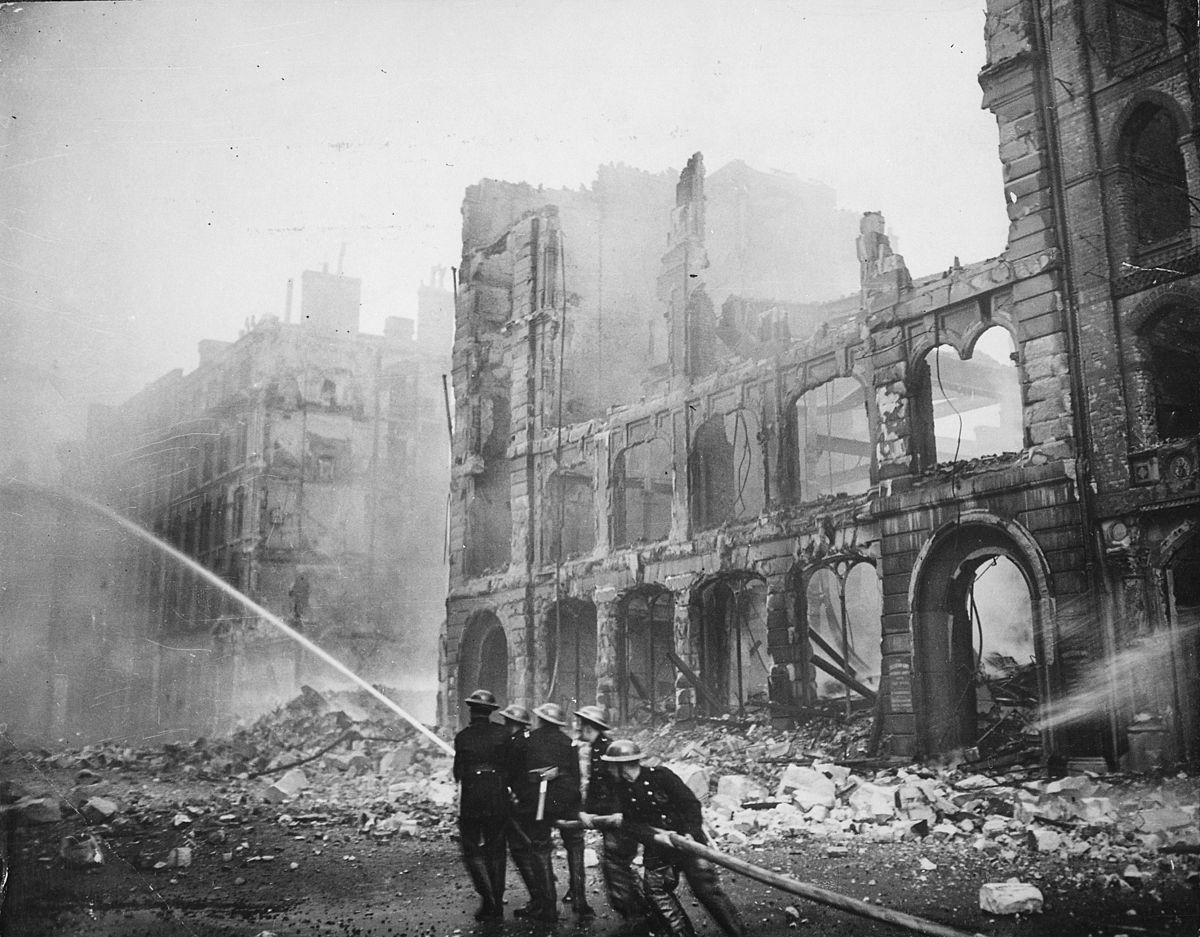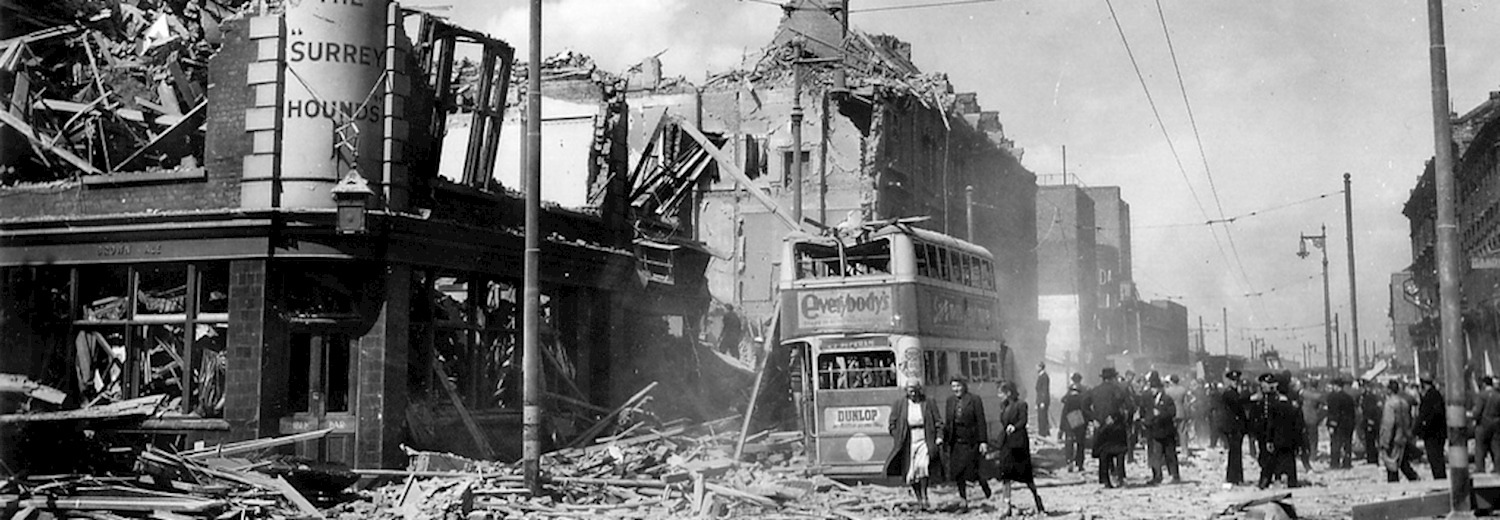British Cities Bombed in the Blitz
24 May 2018



 History,Short Factual Stories
History,Short Factual Stories

British Cities Bombed in the Blitz
There were many British Cities bombed in what was known as the Blitz. This was the period following on from the Battle of Britain from September 1940 to May 1941. During this period the Germans aimed to achieve three things through this bombing campaign:
- Destroy industrial areas that contained factories. They especially wanted to hit factories that were involved in the war effort. One of the possible reasons that Coventry was so heavily bombed was because it contained one of the locations where the Spitfire was built (Southampton was the other). They also wanted to attack people who worked in these factories.
- Seaports and Docks were also a main target. German had a strategy for blockading Britain which they were also doing with their U-Boats in the Atlantic. They wished to create a siege situation where Britain was starved of food plus products and raw materials required for the war effort. Germany had experience of this strategy. They had largely lost the First World War because of the blockade imposed by the Royal Navy which resulted in the home population starving.
- Hitler wanted to destroy Britain’s morale. Most raids were undertaken at night-time rather than during the day to evade interception by the RAF. Night-time raids had the effect of enhancing the fear factor for British civilians. During the Blitz around 30,000 tonnes of bombs were dropped and more than 40,000 British civilians were killed.
Many places across the United Kingdom were bombed during the Blitz but the most destructive bombing was on these cities:
| Bath | Belfast | Birmingham | Bristol |
| Cardiff | Coventry | Exeter | Glasgow |
| Hull | Ipswich | Liverpool | London |
| Manchester | Middlesborough | Newcastle | Norwich |
| Nottingham | Plymouth | Portsmouth | Sheffield |
| Southampton | Sunderland | Swansea |
The Blitz failed to demoralise the British. For over eight months the bombing continued night after night but it became obvious than Britain was not going to surrender. The Blitz had actually done surprisingly little damage to the war economy with overall production actually increasing during the period. British wartime studies showed that most of the bombed cities took 10 to 15 days to recover even when hit severely. However, there were exceptions like Birmingham which took three months.



Leave a Comment
You must be logged in to post a comment.